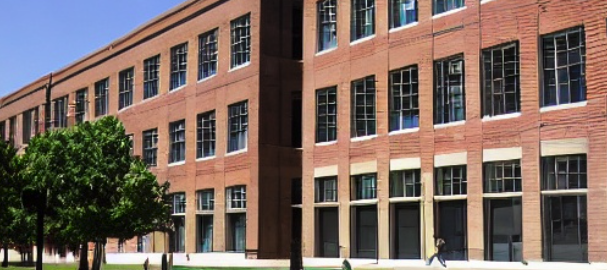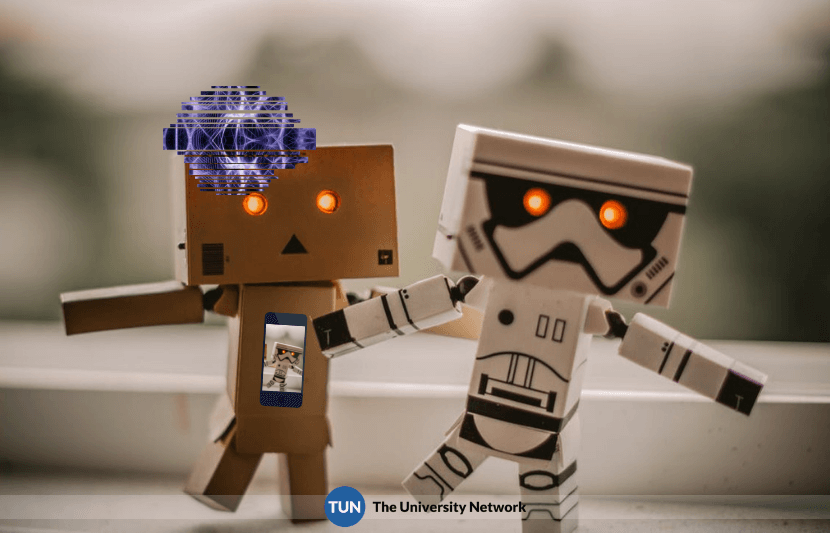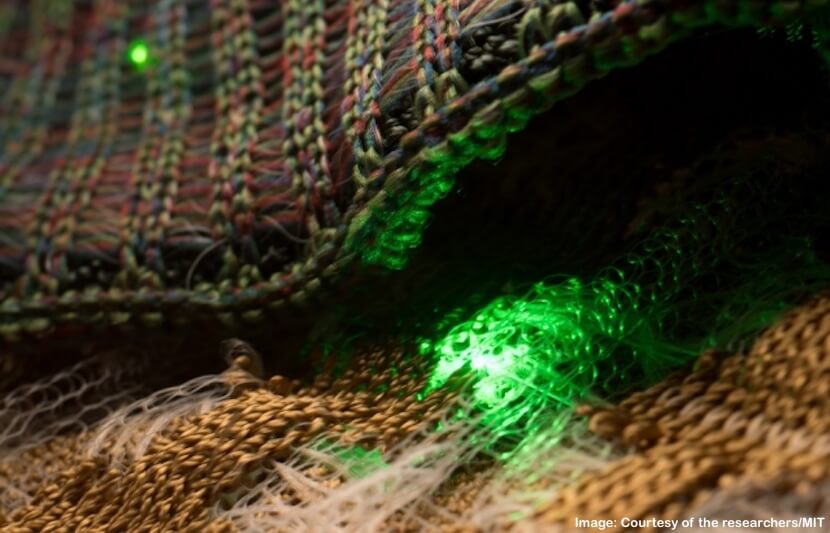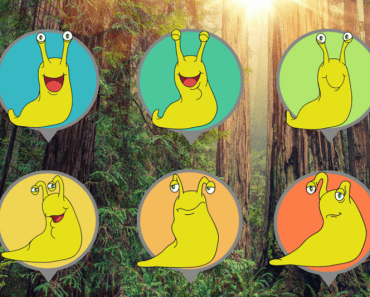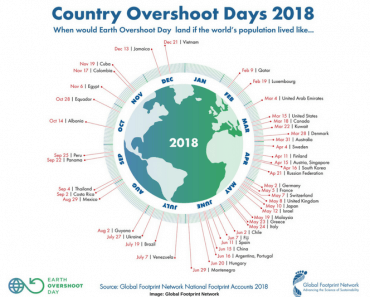-
Why This Solar Device Could Be the Most Promising Renewable Energy Tool Yet
Carbon pollution is continuing to pile up in the atmosphere. Time is of the essence with finding an effective, sustainable energy alternative for fossil fuels. Now, new research from Hokkaido University in Japan could catapult a widespread transition to solar energy. The Hokkaido scientists have developed a photoelectrode that can harvest 85 percent of all… Read More
-
Why Is Working in College Harder for Low-income Students?
It’s common for students to work while in college. In fact, nearly 70 percent of students from diverse economic and cultural backgrounds work while they are enrolled. The difference is, some students are working for extra spending money and others are making sure they can afford to eat. New research from Georgetown University sheds light… Read More
-
Meet Your New Robot Co-Worker
Robots are coming. But this time they aren’t the giant, metal gearheads in “The Terminator,” or the slick, futuristic machines that Will Smith fought off in “I, Robot.” And, as of now, the goal of the machines isn’t to enslave the human race. Instead, they are gunning for jobs. Robots have already transformed manufacturing and… Read More
-
How Social Media Can Help Us All Agree on Climate Change
It is not breaking news that the U.S. is polarized. While many factors have played into the separation of American ideas, the finger is often pointed at social media. But now, new research from the University of Pennsylvania (Penn) proves that social media can effectively reduce polarization on key issues like climate change. The Penn… Read More
-
Local Organization Finds Solution to Gun Violence
Gun violence today is, undoubtedly, rampant. Despite the fact that the issue directly surrounds the loss of human life, it, like nearly every subject of conversation, has the U.S. polarized. Some people call for stricter gun laws, while others believe the only solution is to put more guns in the hands of people so they… Read More
-
‘Smart’ Fabrics: The Future of Technology
Future technology won’t be a device you carry in your pocket, a computer you put in your bag, or a watch you wear on your wrist. Instead, it will be woven into the threads of your shirt and pants. Researchers all over the world are developing “smart” fabrics or textiles that can charge electronics, cool… Read More
-
Friendly Competition Could Eliminate Campus Waste
Sometimes the best way to motivate people is through a little bit of friendly competition. The University of California Santa Cruz (UCSC) is preparing to install touch-screen monitors on dorm buildings that alert students, faculty and staff about how much solid waste they are producing, while encouraging dorms to compete. The screens will feature a… Read More
-
Why Cars May Be the World’s Biggest Climate Problem
Climate change is upon us. Greenhouse gas emissions have reached an all-time high, and our changing climate has already caused ongoing worldwide megafires, sea level rise, intense heat waves and more. Because climate change knows no bounds, the fight must be a worldwide effort. For years, countries have known that a shift to clean energy… Read More
-
Flushing Your Contact Lenses Is Killing the Environment
There has been a lot of publicity surrounding the ill-effects of single-use plastics on the environment, but now the finger is pointed at a new pollutant — contact lenses. Researchers from Arizona State University (ASU) have determined that flushing or throwing contact lenses down the drain is harming animals, humans and the environment. If lenses… Read More
-
Climate Change Is Weakening Trees
New research from the University of Munich (TUM) shows that although climate change has made trees grow faster, it has made wood less dense or lighter. One would think that faster tree growth would be beneficial, because trees store excess carbon dioxide from the atmosphere in their wood. But it’s not that simple. Trees with… Read More
-
The Causes and Solutions to Today’s Worldwide Megafires
2018’s heat waves have the world on fire. Record-setting wildfires have stormed through and torched an unusually high number of regions, including the Arctic Circle. The reason — it’s too hot. Overall, 2018 is on pace to be the fourth-warmest year ever. This July, Death Valley set the record for the hottest month ever measured… Read More
-
Future High-Speed Electronics to Be Printed Like Newspapers
Researchers from Purdue University have developed a new, low-cost manufacturing technique that could make it possible to print electronics in a similar way to newspapers. The technique could be used to form smooth, flexible metals that could improve the speed and battery-life of electronics. It also eliminates many fabrication barriers, so it could make printing… Read More
-
U of Toledo Implements Fun, Eco-Friendly Scooter Sharing Program
Starting in fall of 2018, students, faculty and staff at the University of Toledo will be able to rent electric scooters to drive on campus. The fun, eco-friendly method of transportation was made possible through a partnership with Lime, an electric scooter sharing company. To start, 125 battery-powered scooters will be stationed at popular spots… Read More
-
New Catalyst for ‘Green’ Plastic Production
A team of chemists from Ruhr-Universität Bochum (RUB), a German university, has developed a cheap catalyst for the production of ‘greener’ plastic. This development could push forward PEF (polyethylene 2,5-furandicarboxylate) plastic as a sustainable alternative to PET (polyethylene terephthalate), the common fossil-fuel based plastic used to make water bottles, soda containers and more. Additionally, hydrogen… Read More
-
Earth Overshoot Day: Humanity Has Already Used Up 2018’s Natural Resources
Earth Overshoot Day, the date that marks when humanity has consumed more resources than the earth’s ecosystems can replenish in a year, has fallen on August 1 this year — the earliest ever. According to Global Footprint Network, humans are using earth’s resources 1.7 times faster than the planet can regenerate. Essentially, in 2018, we… Read More

